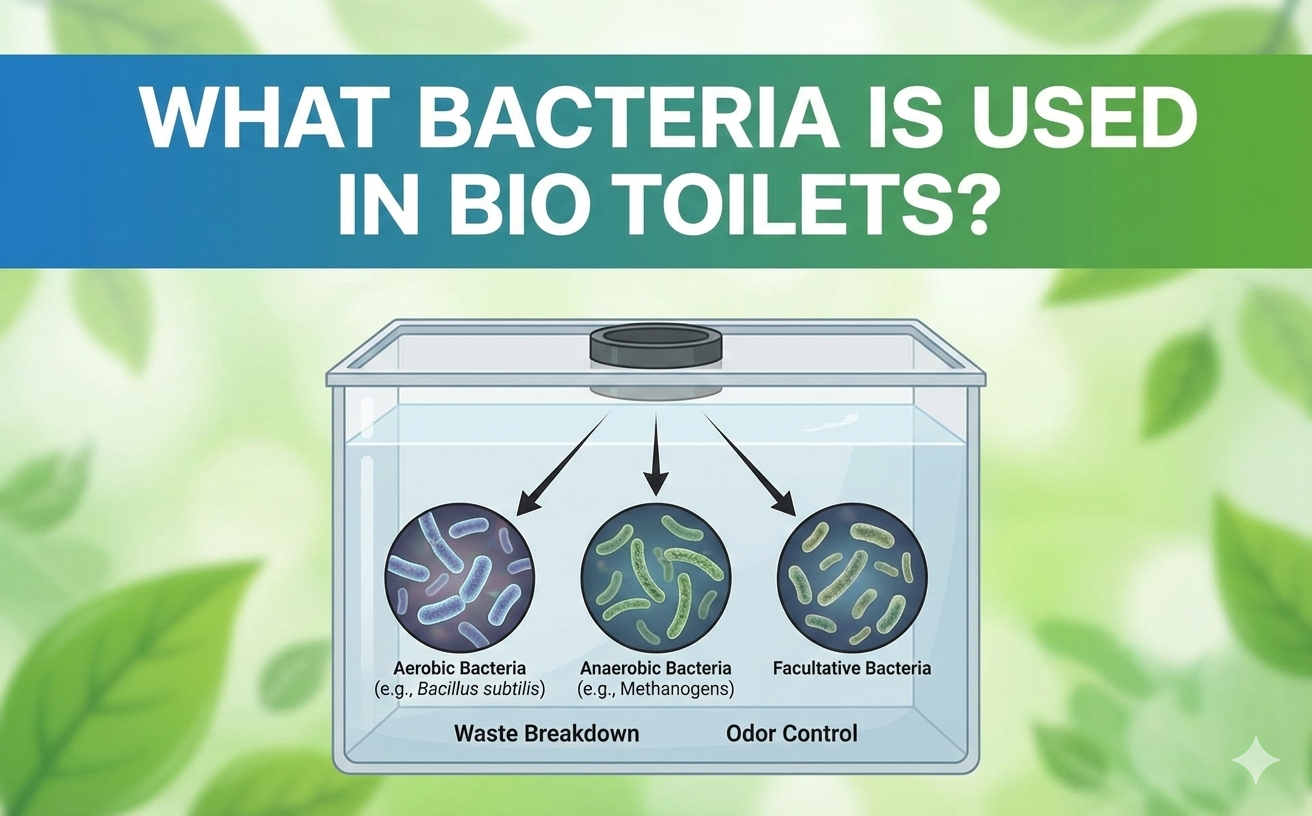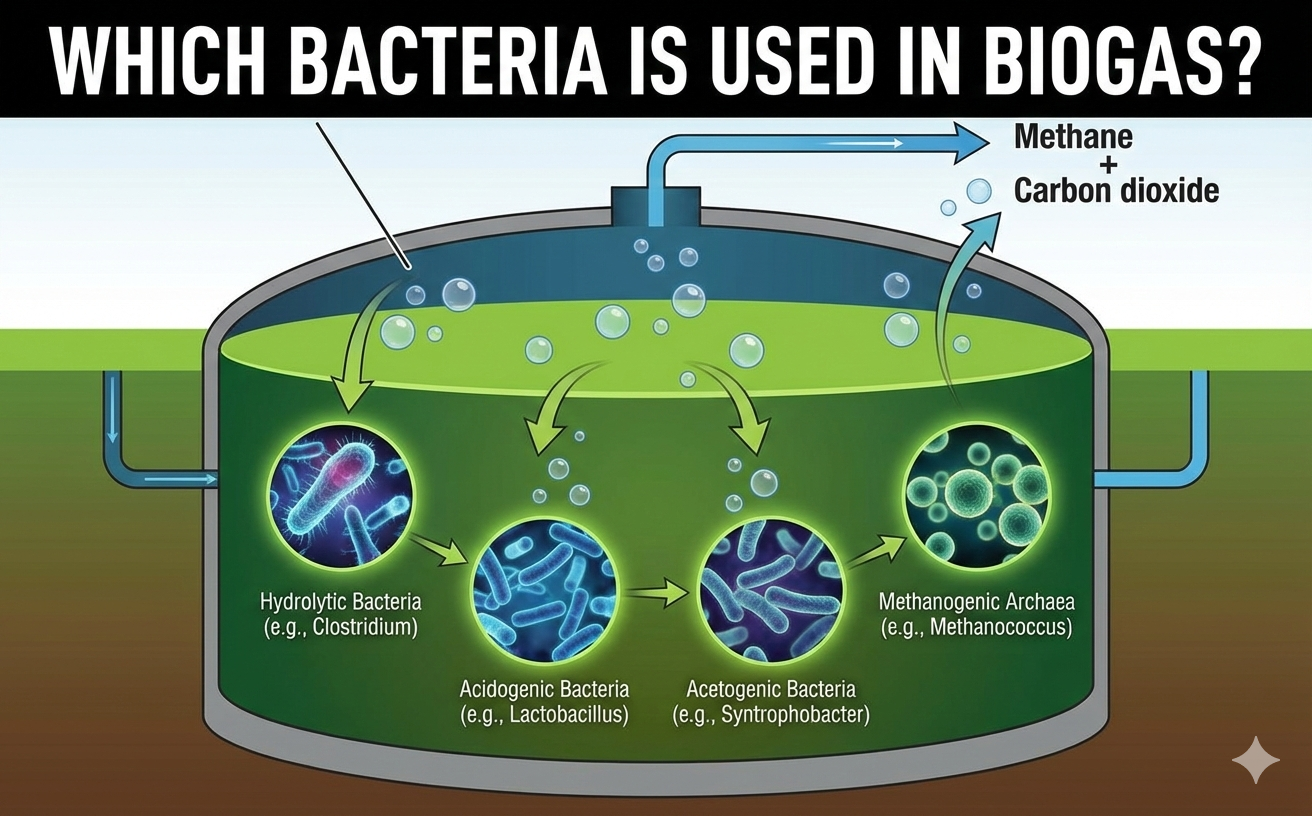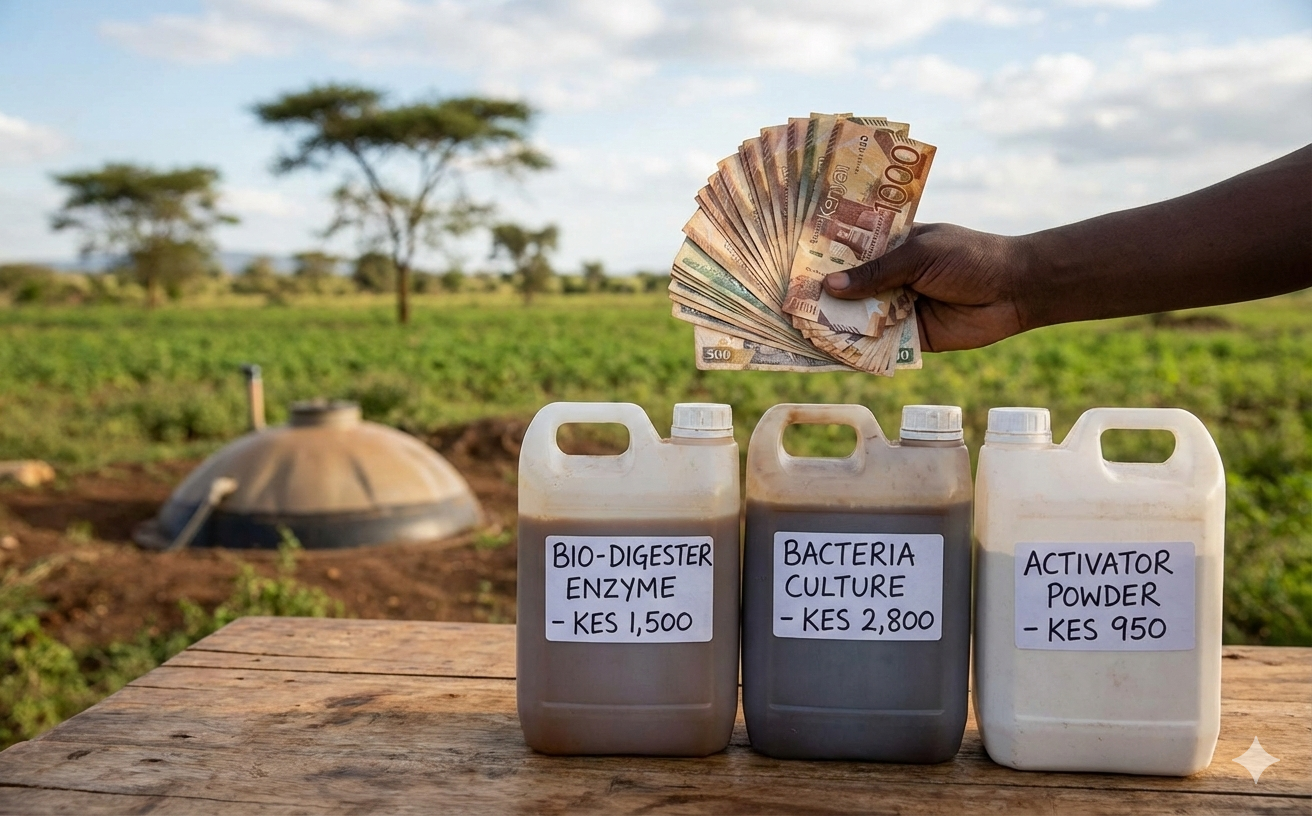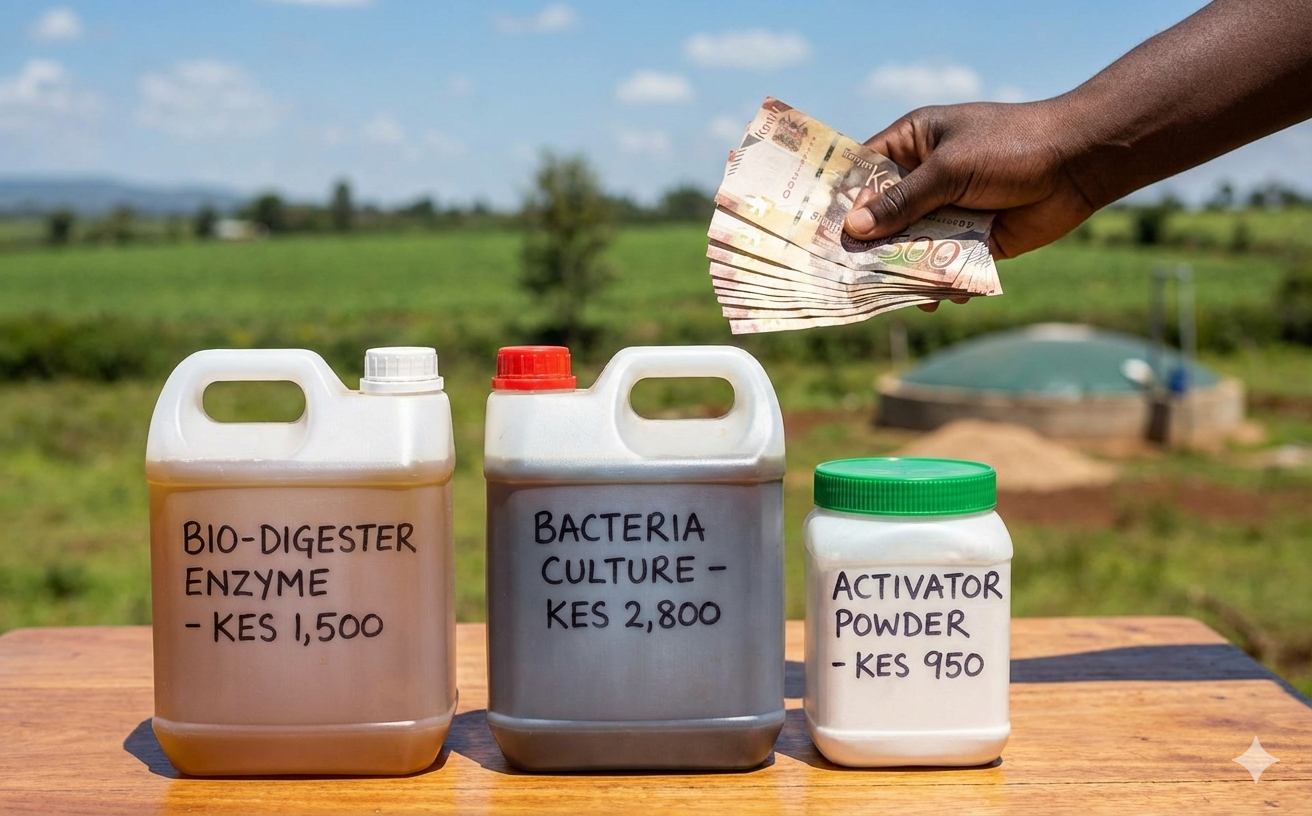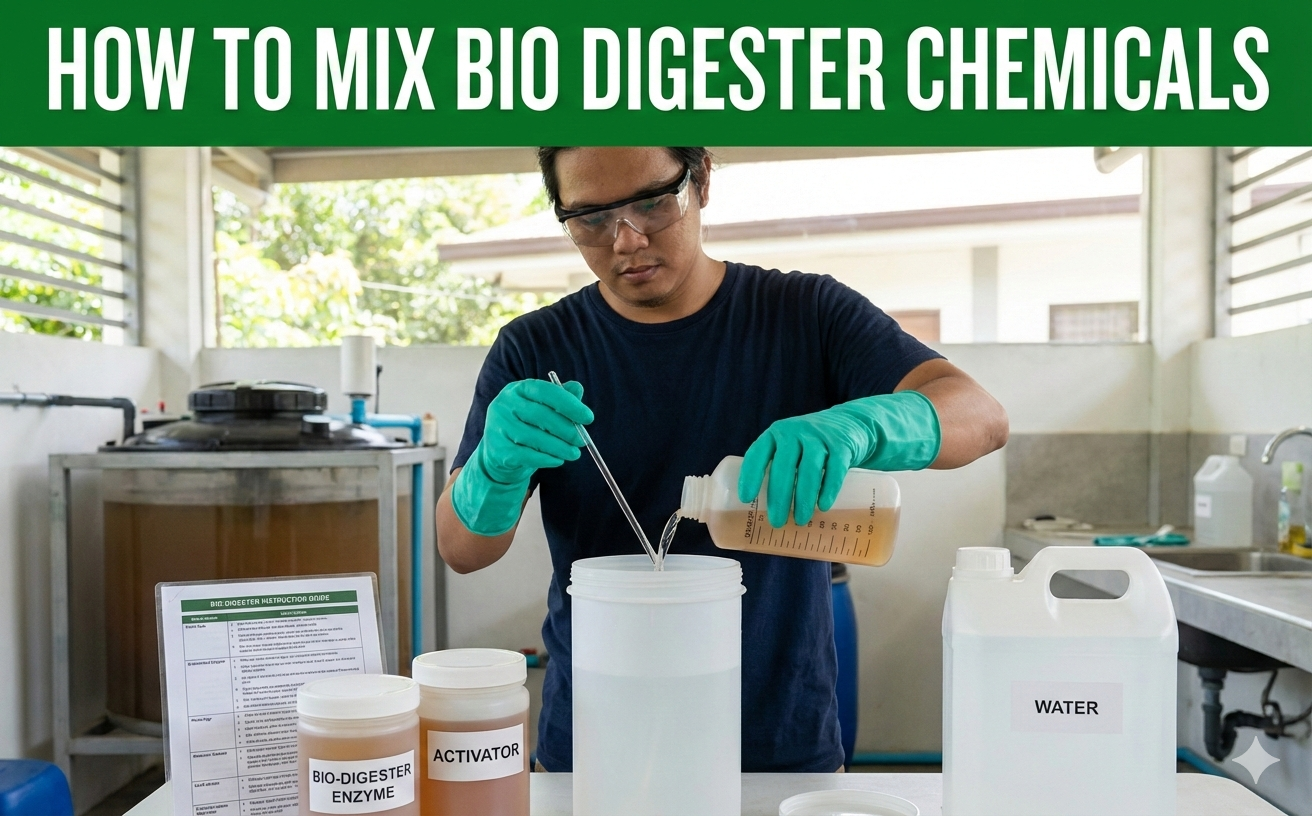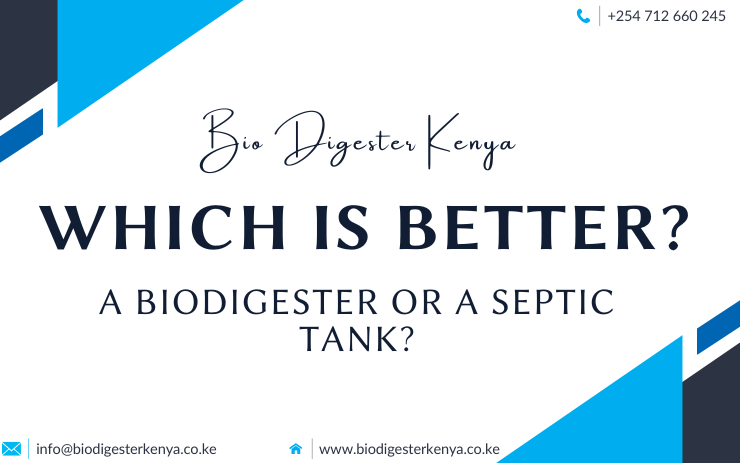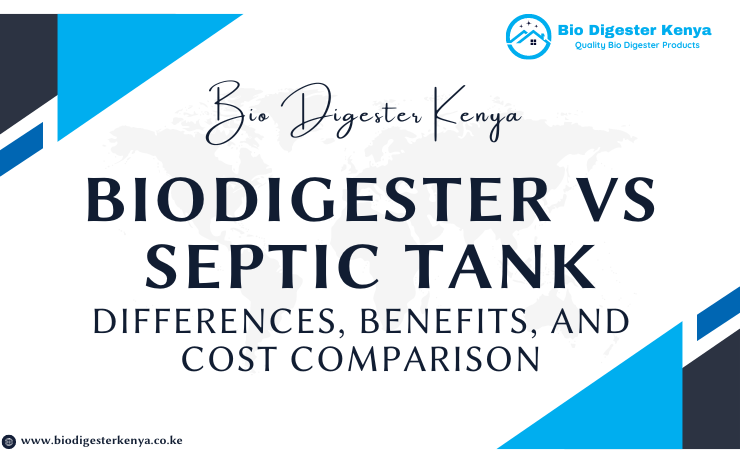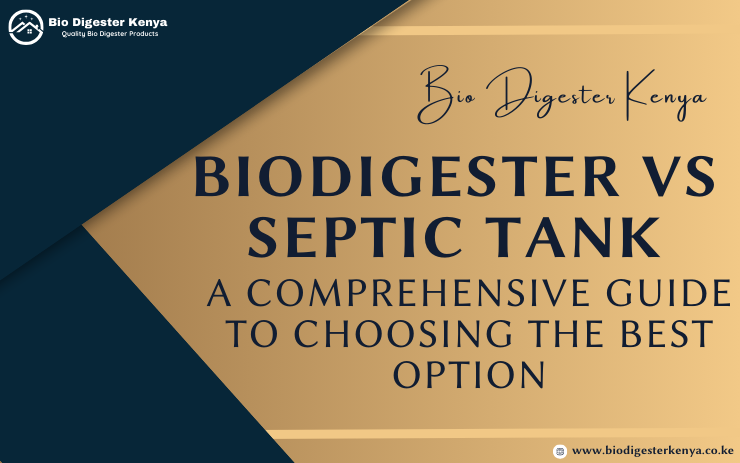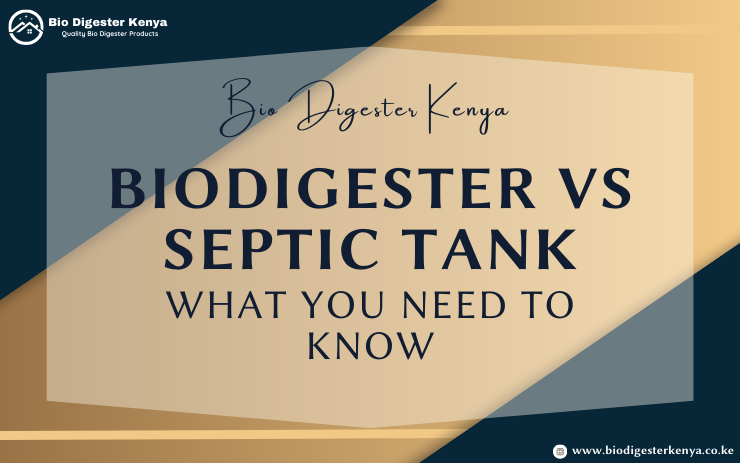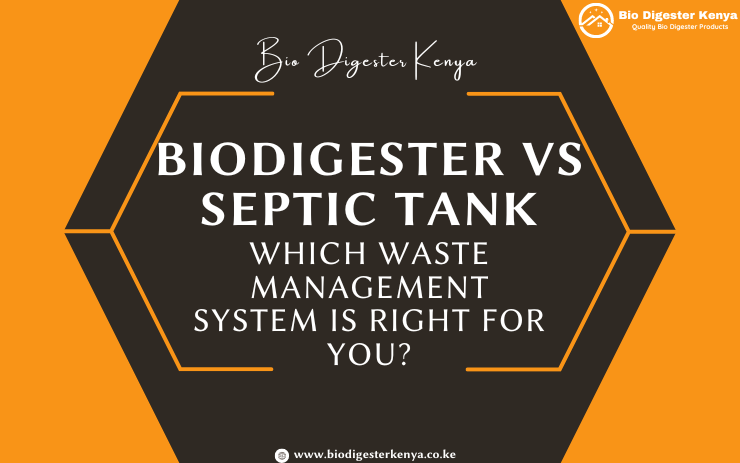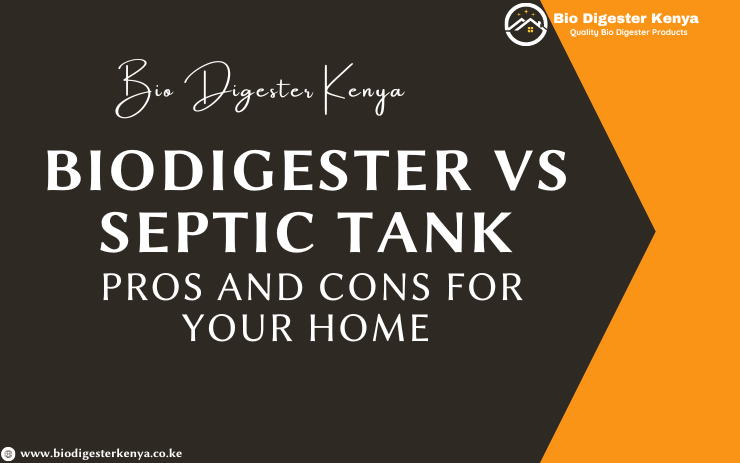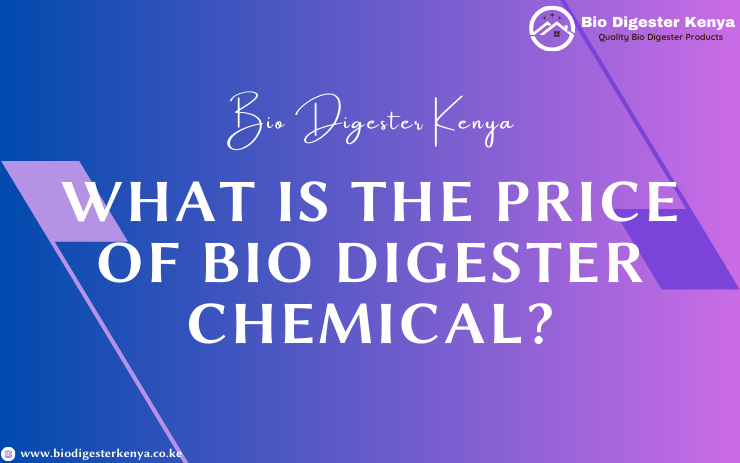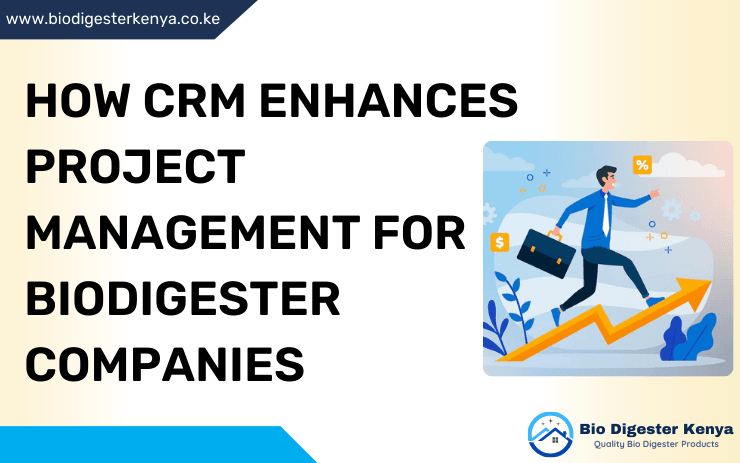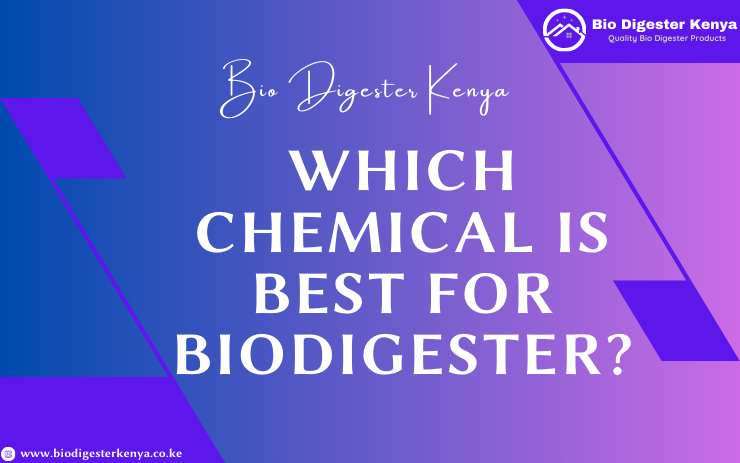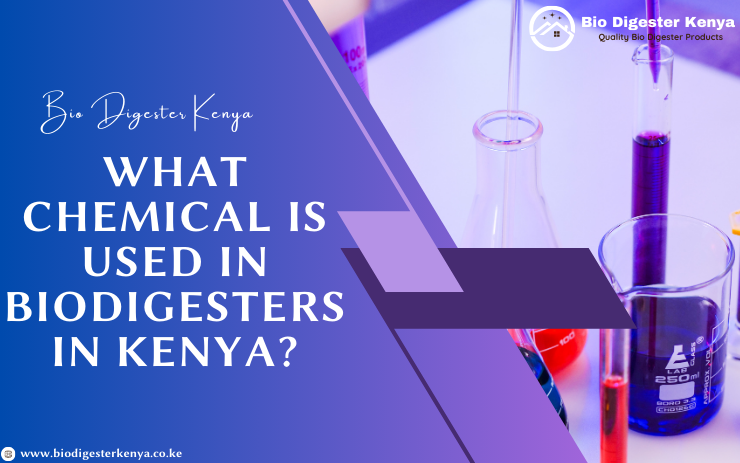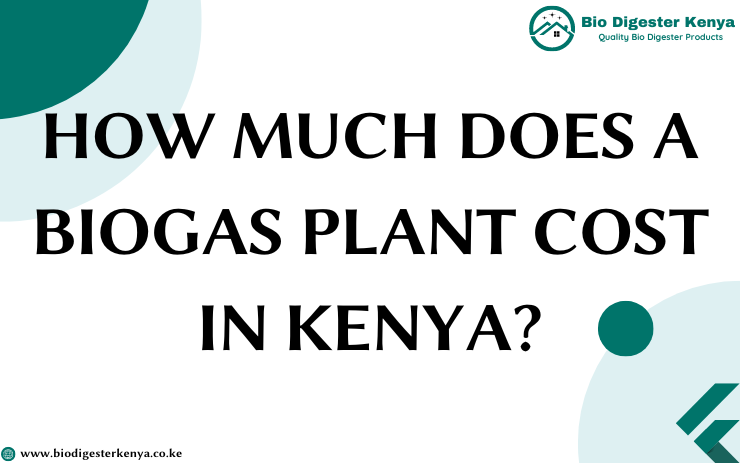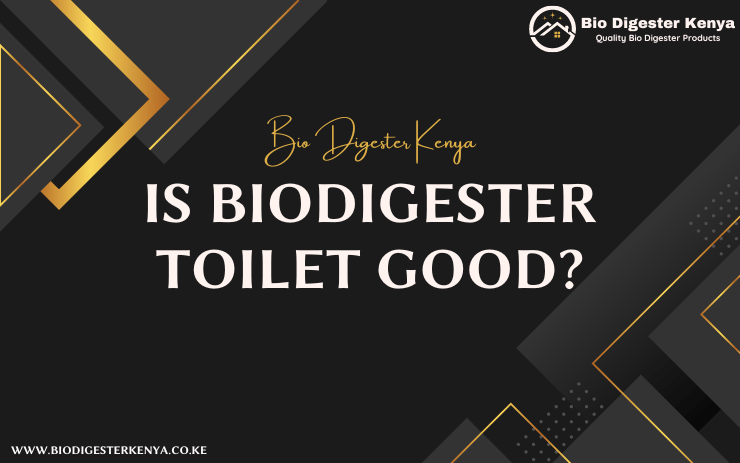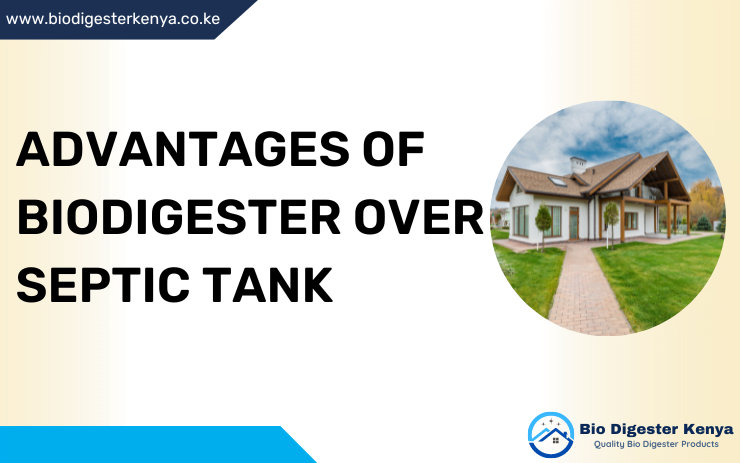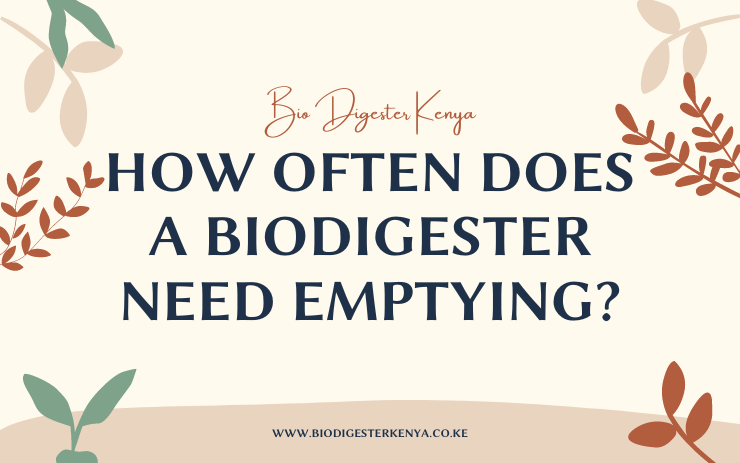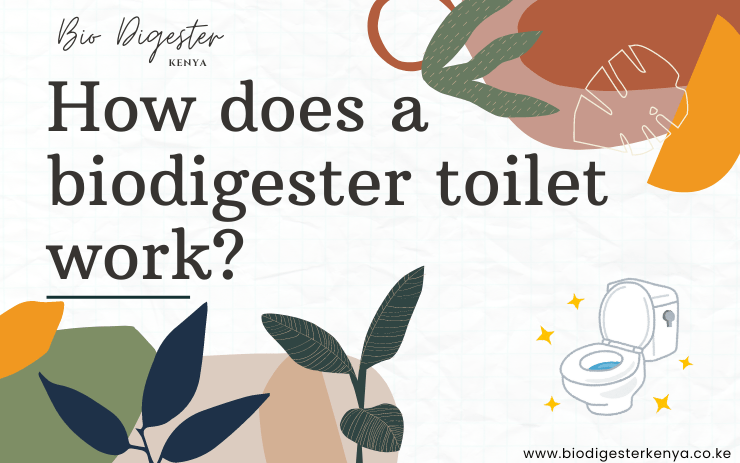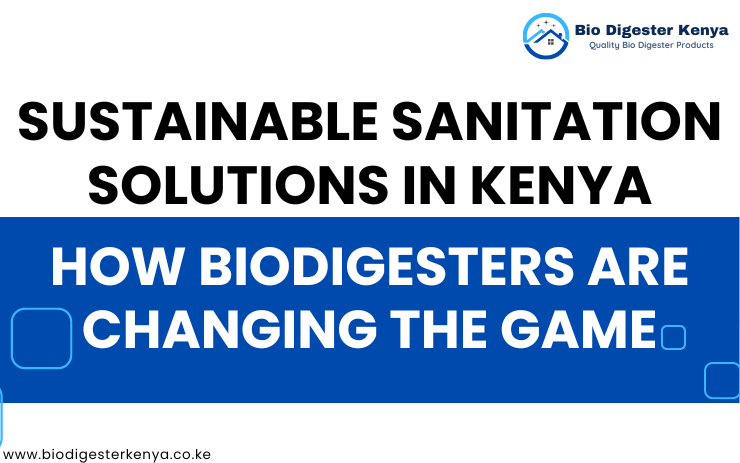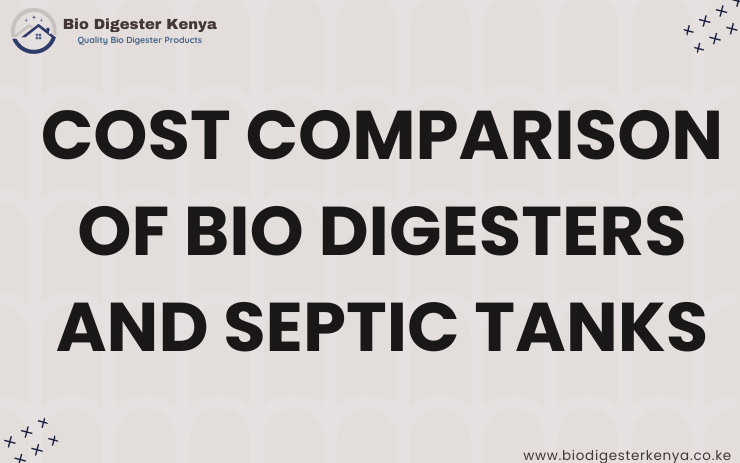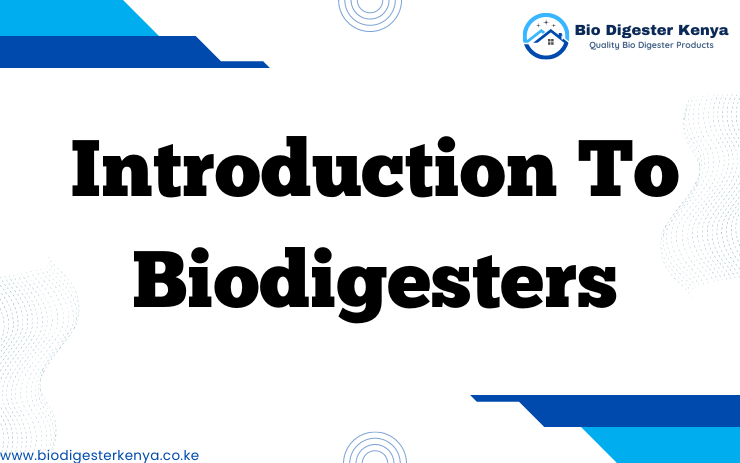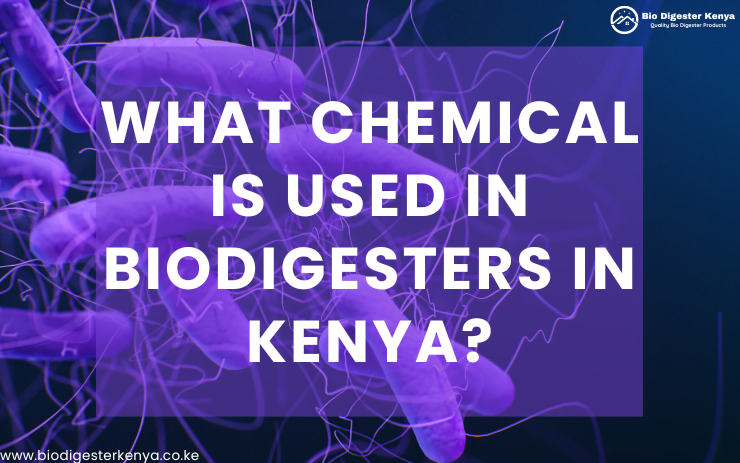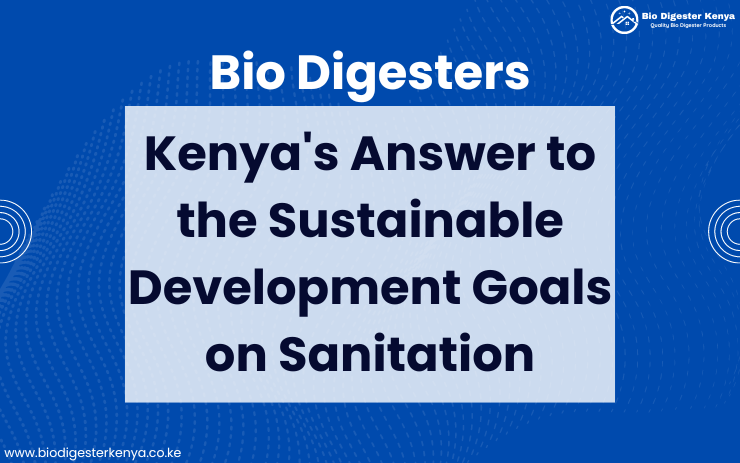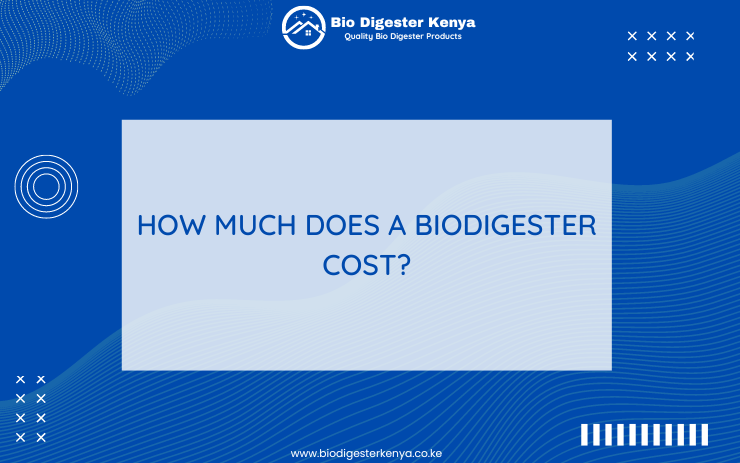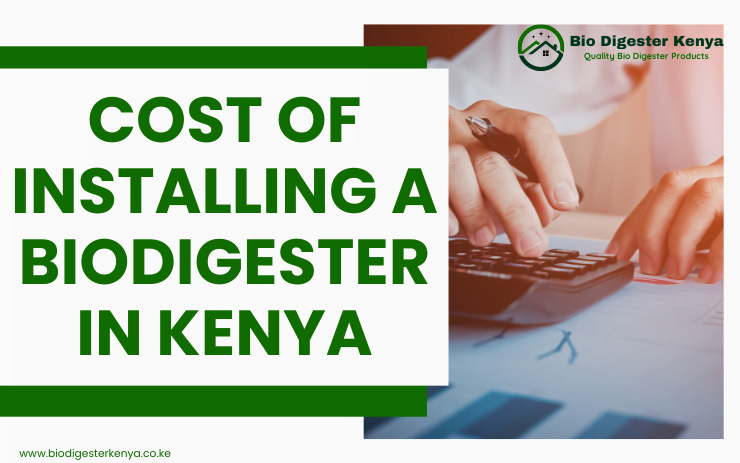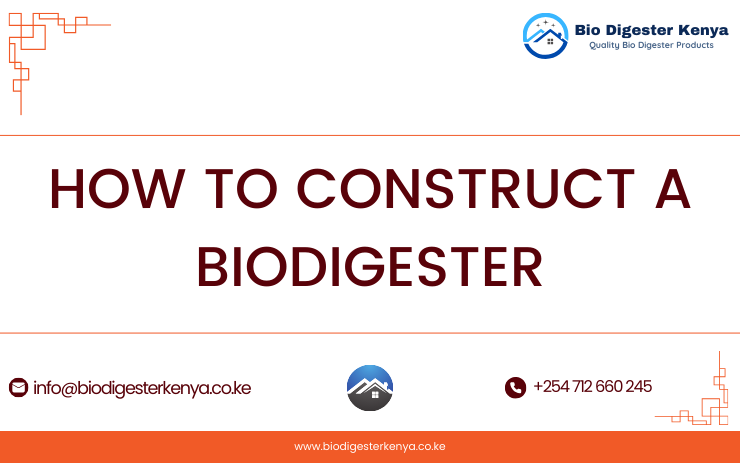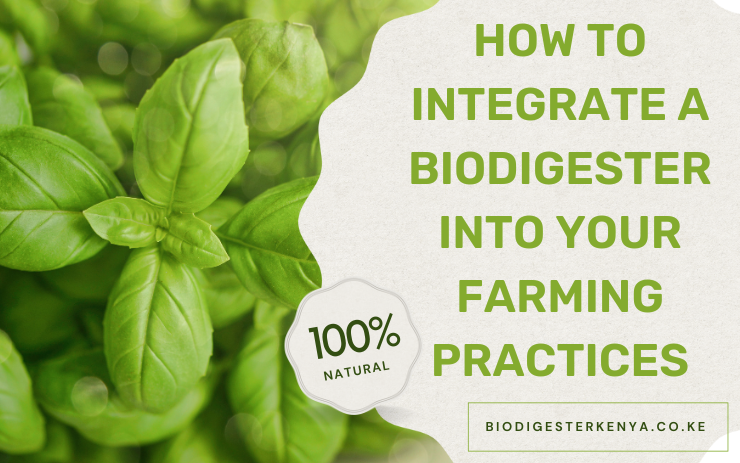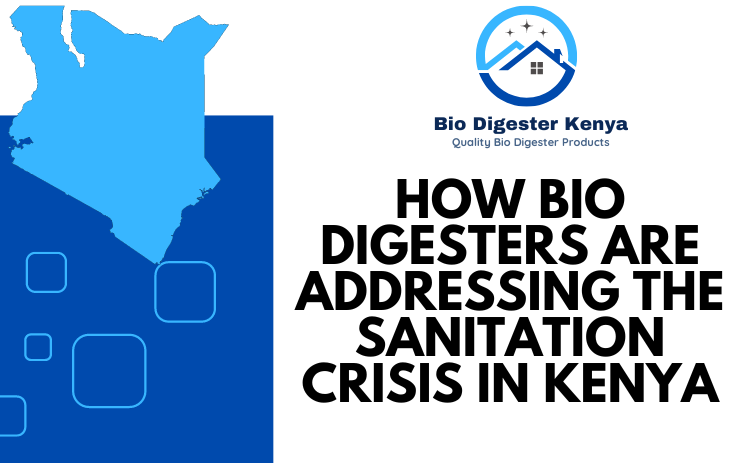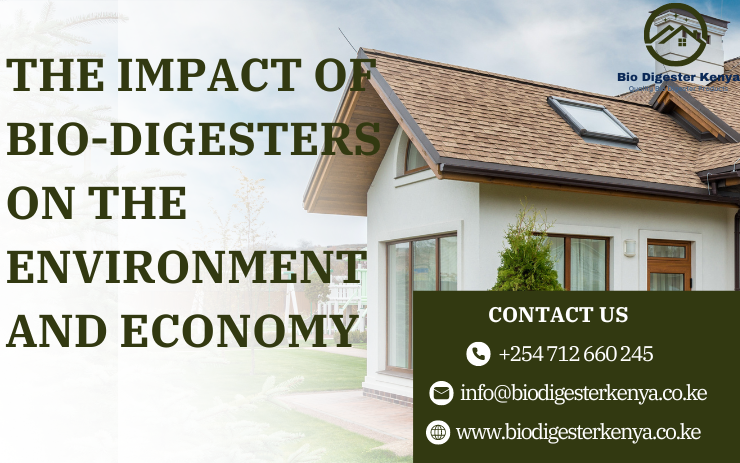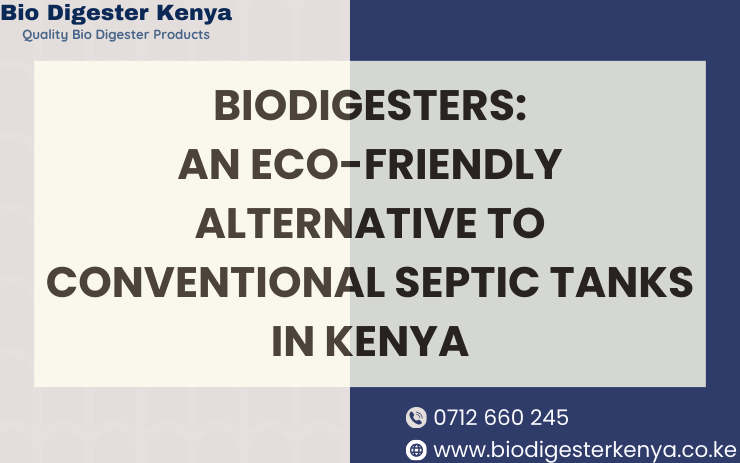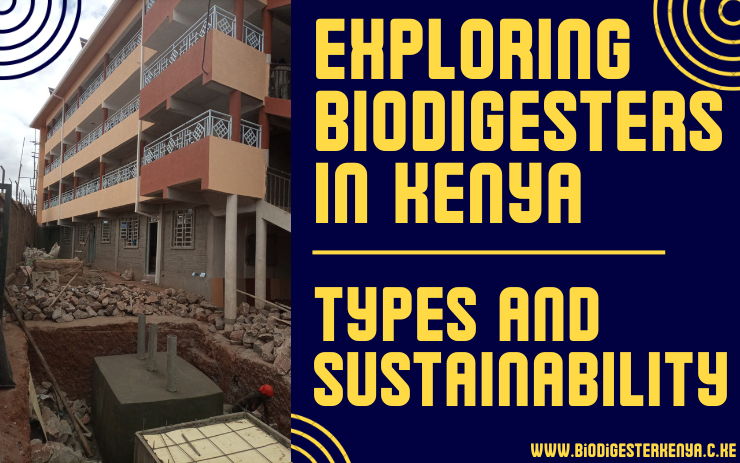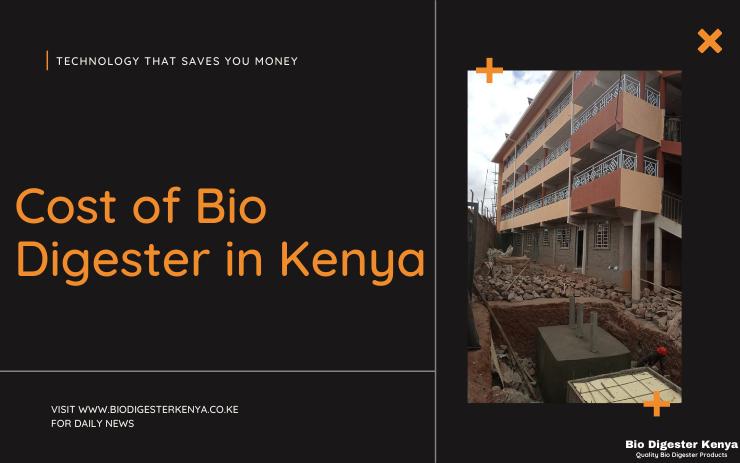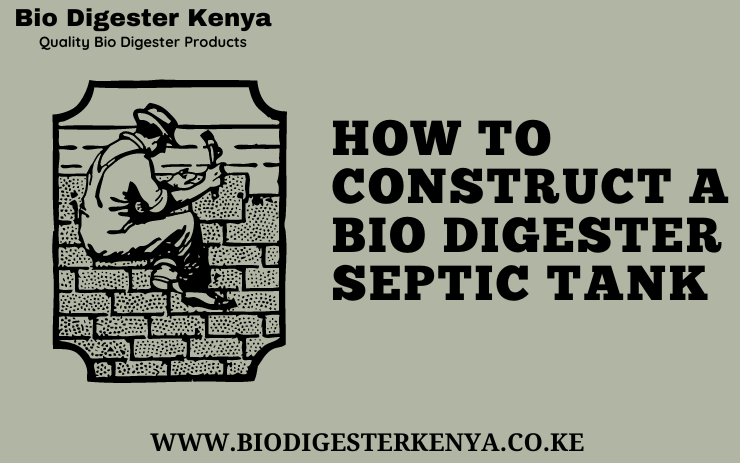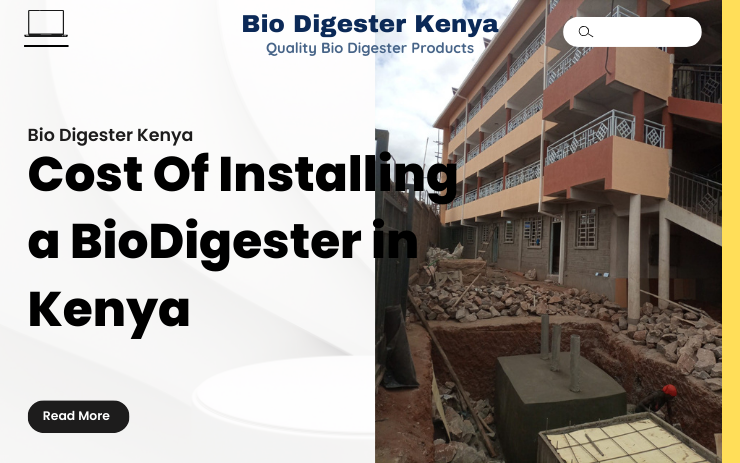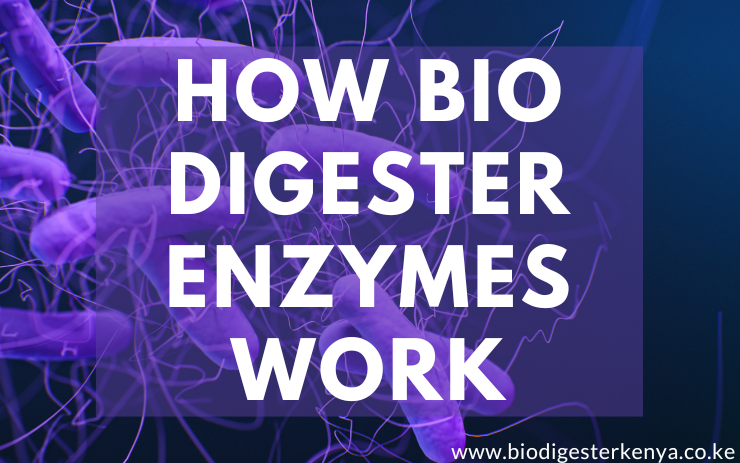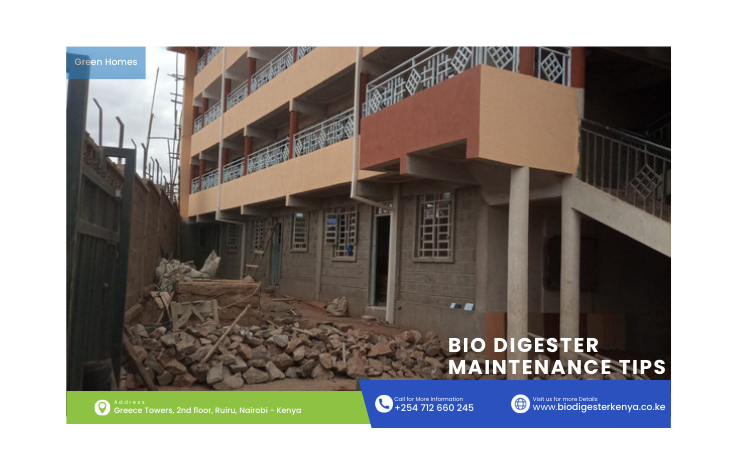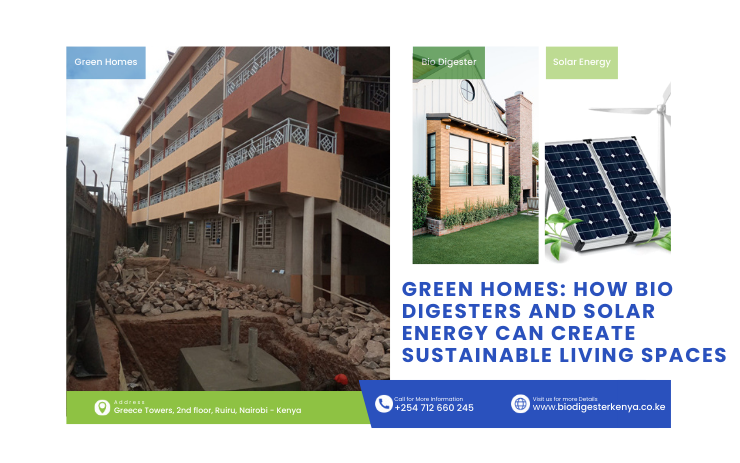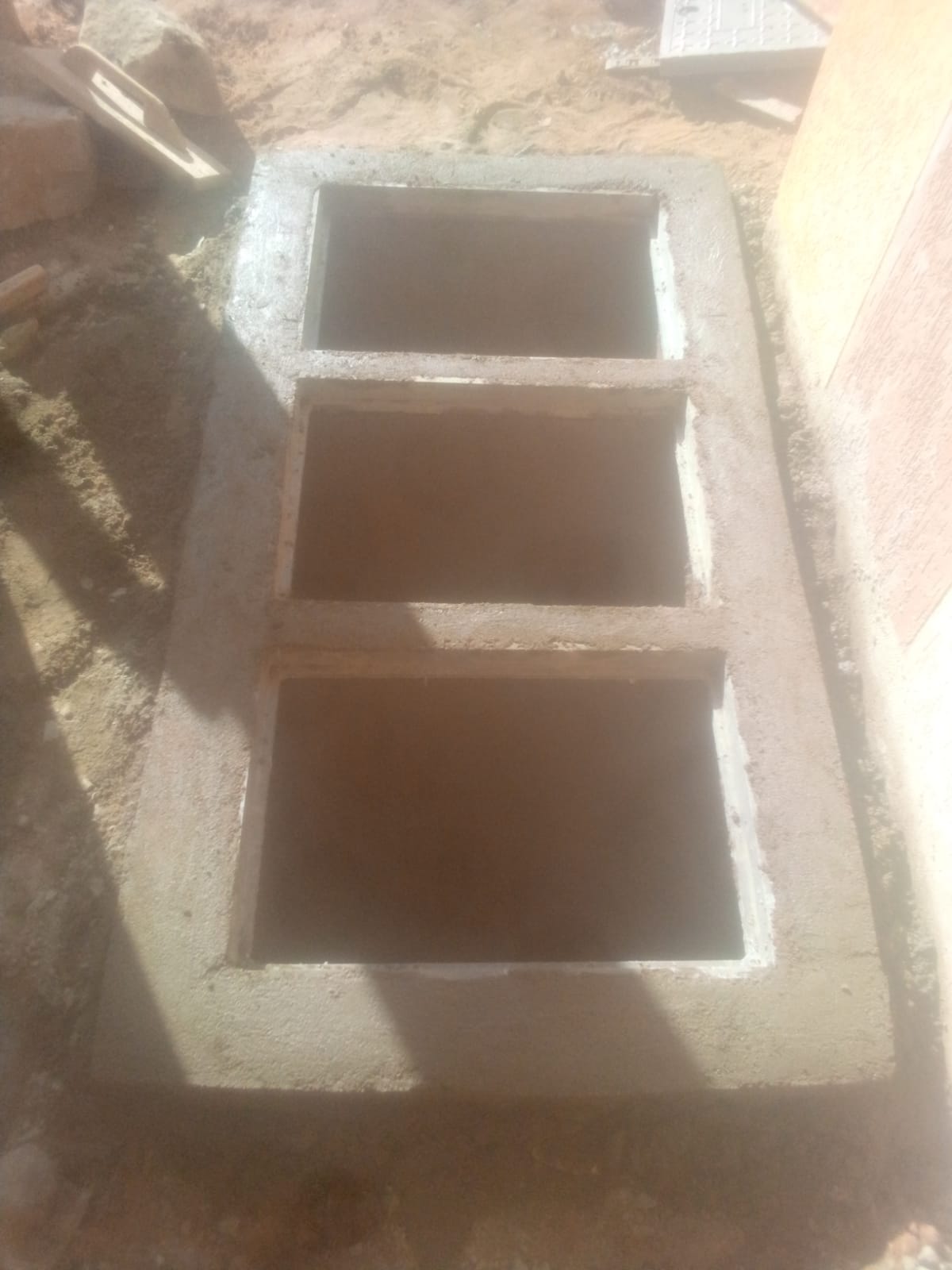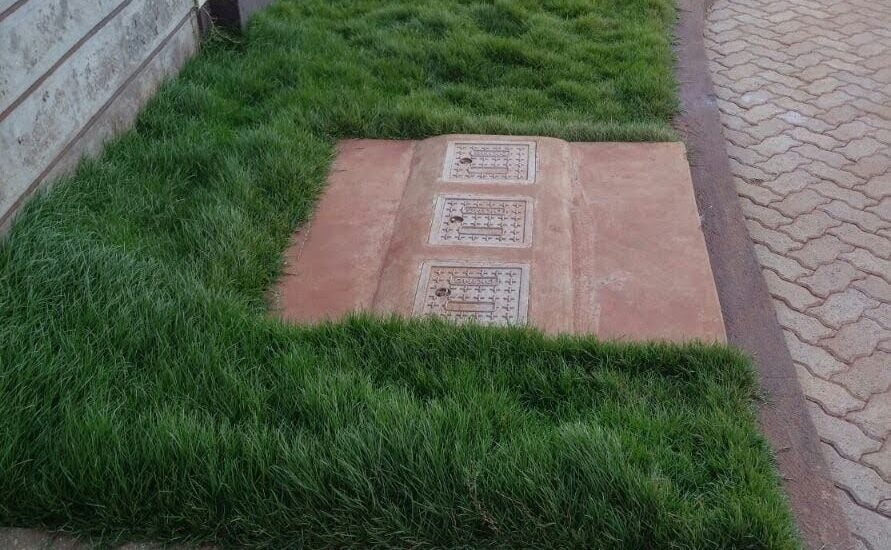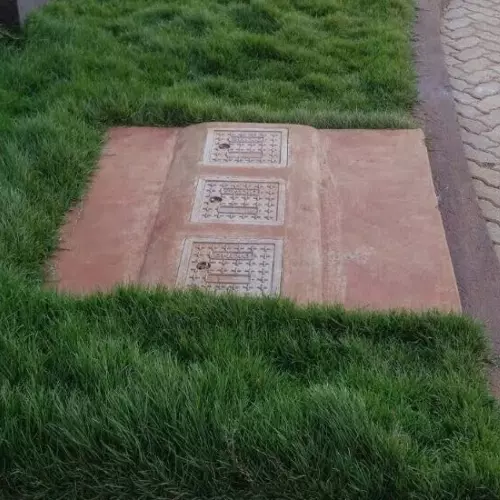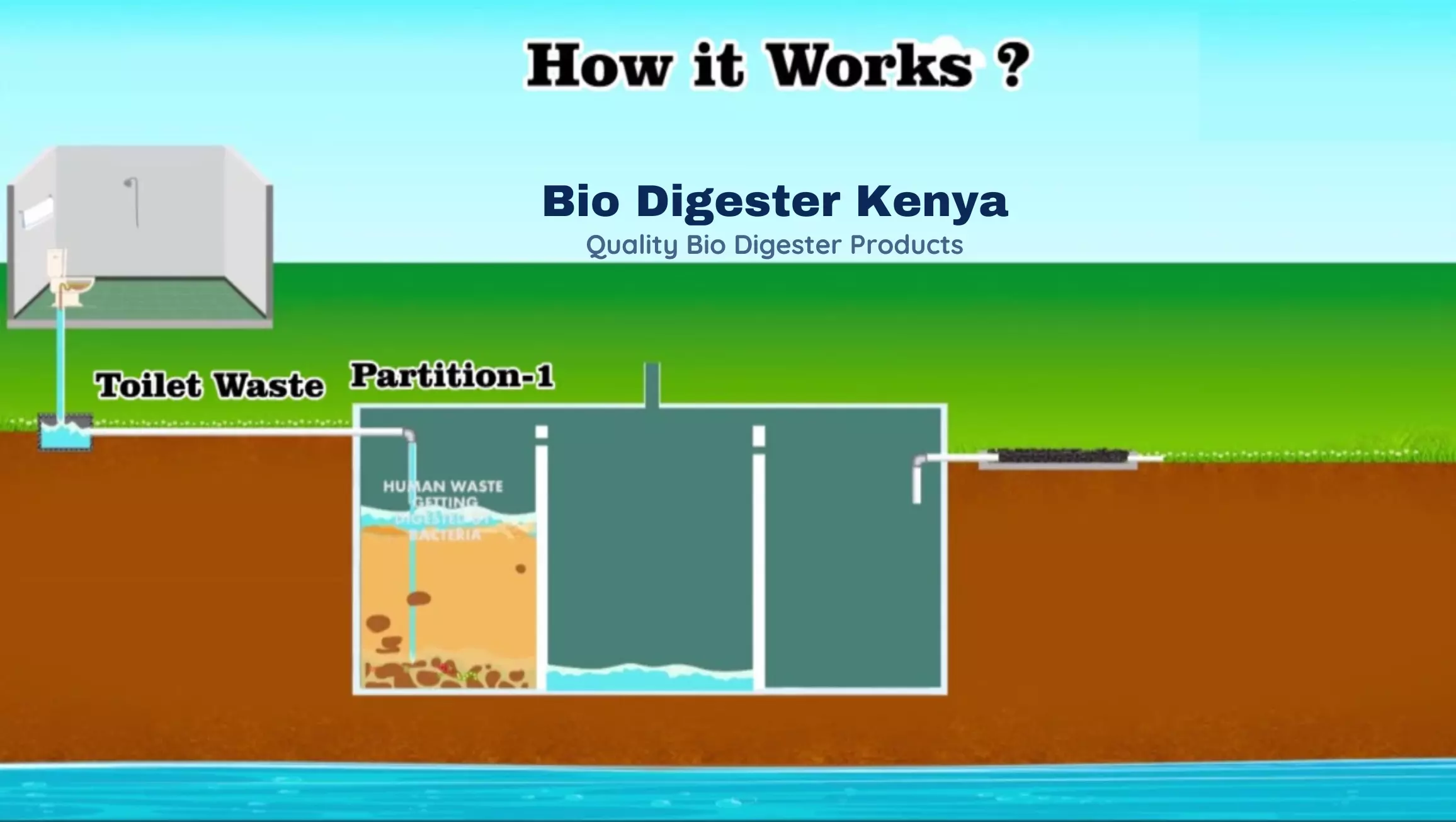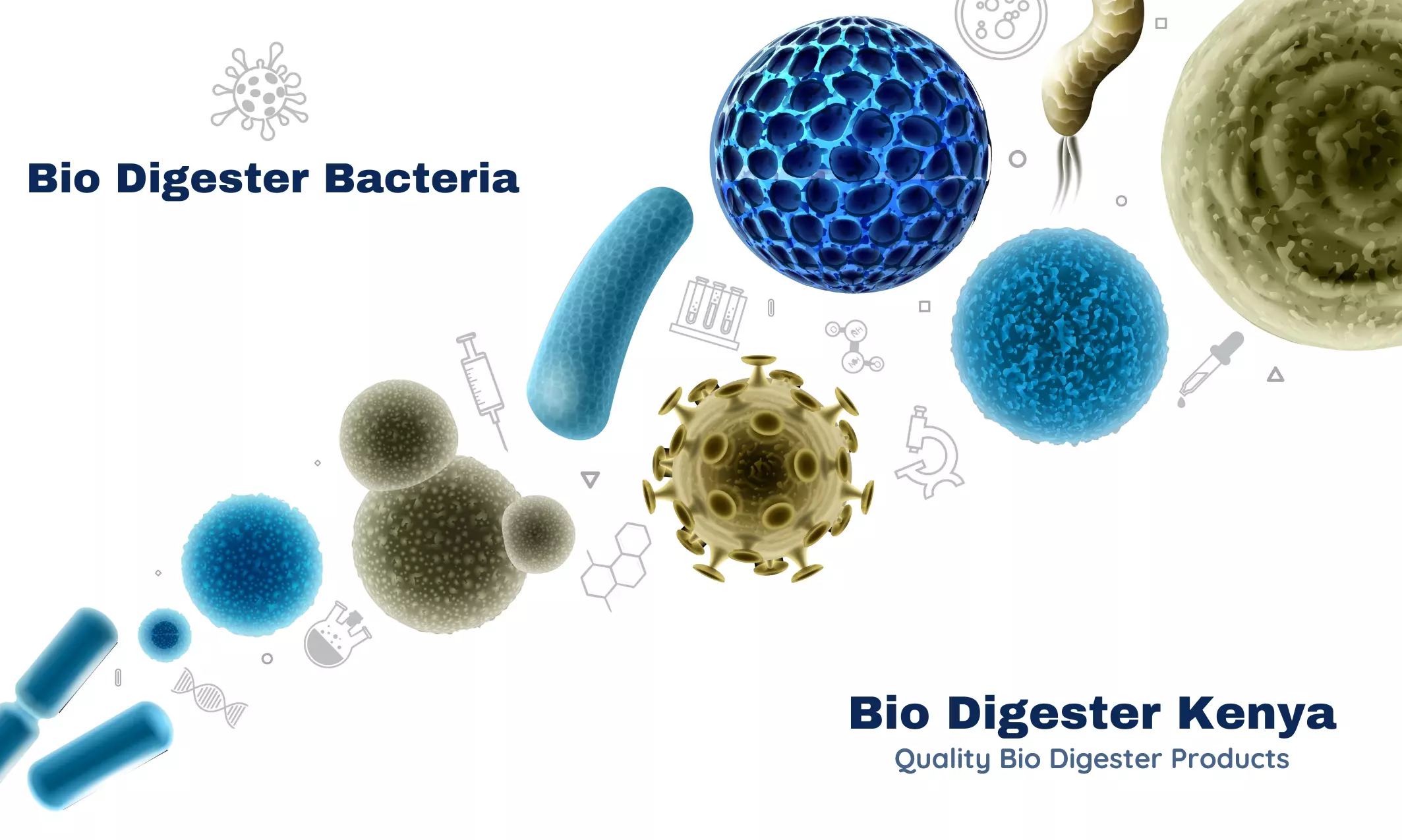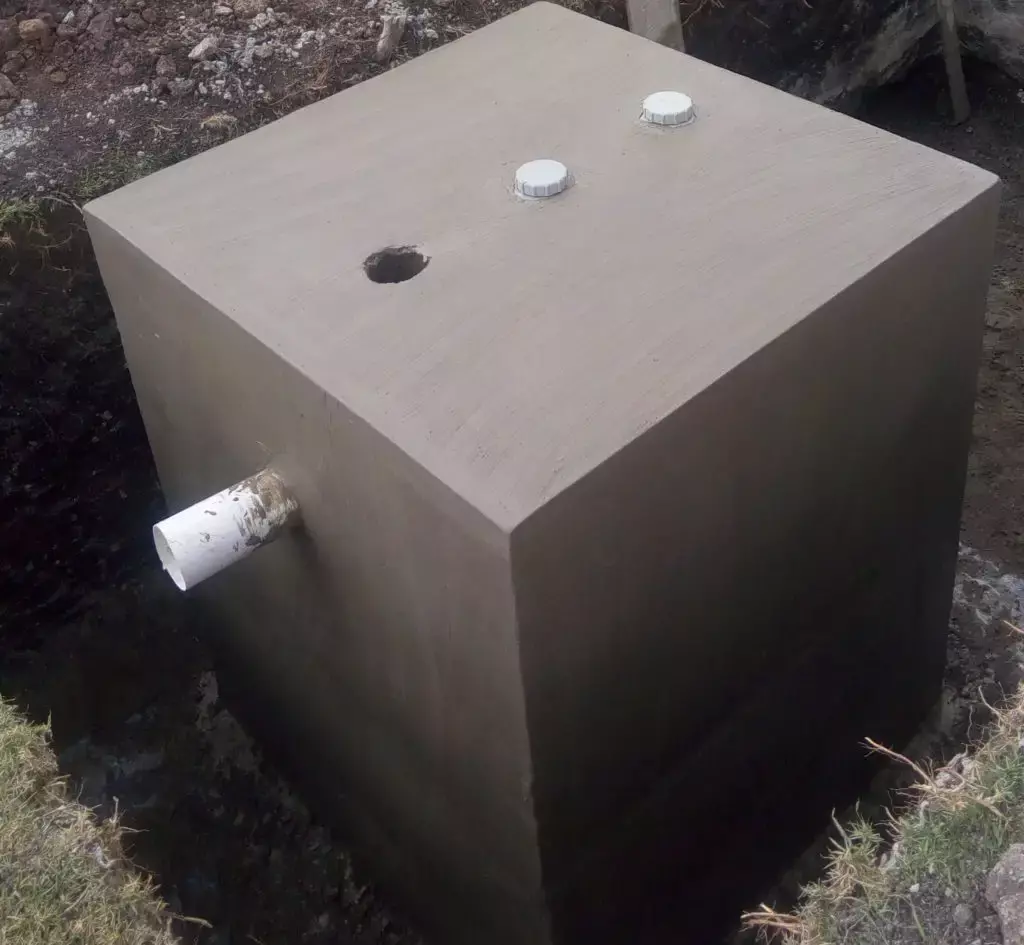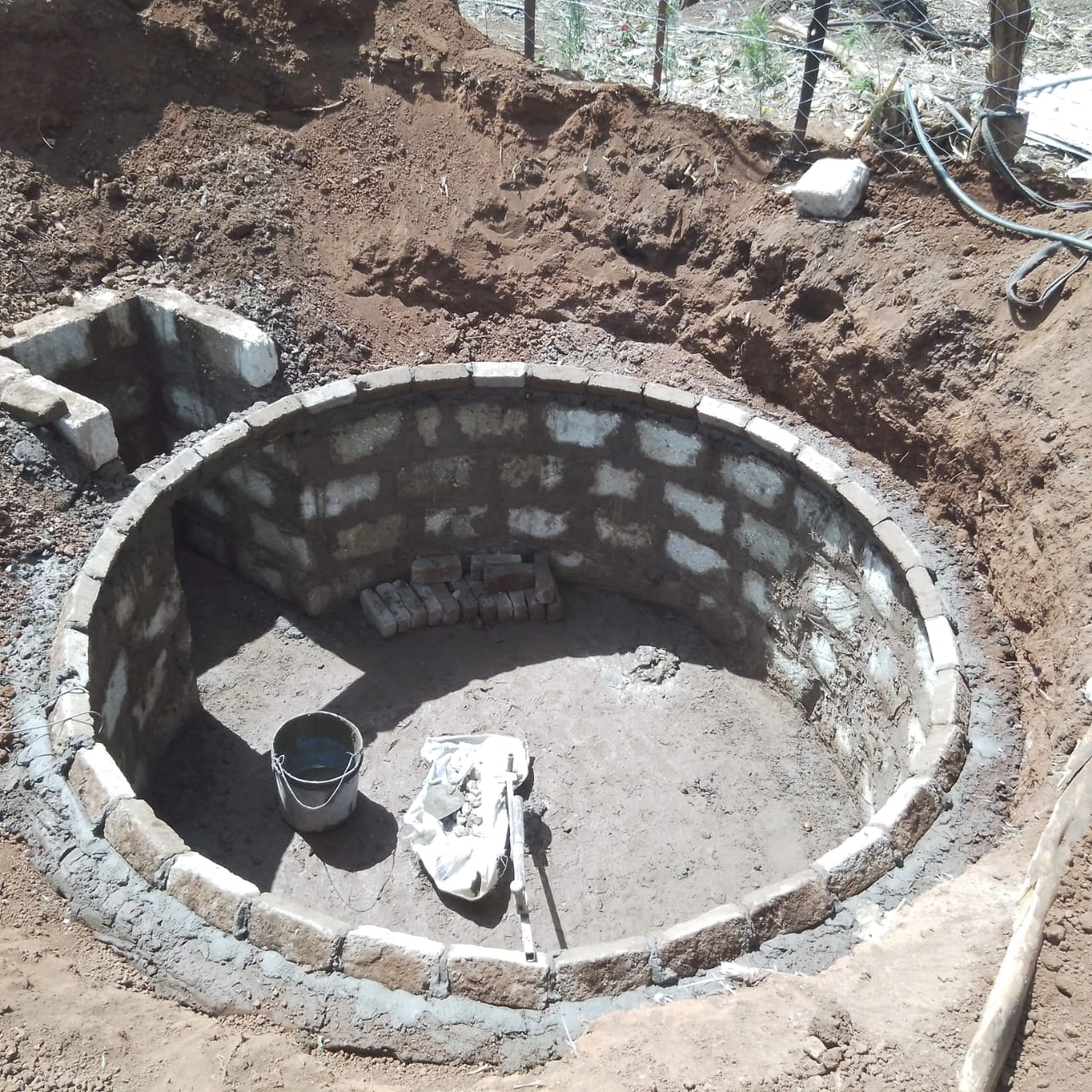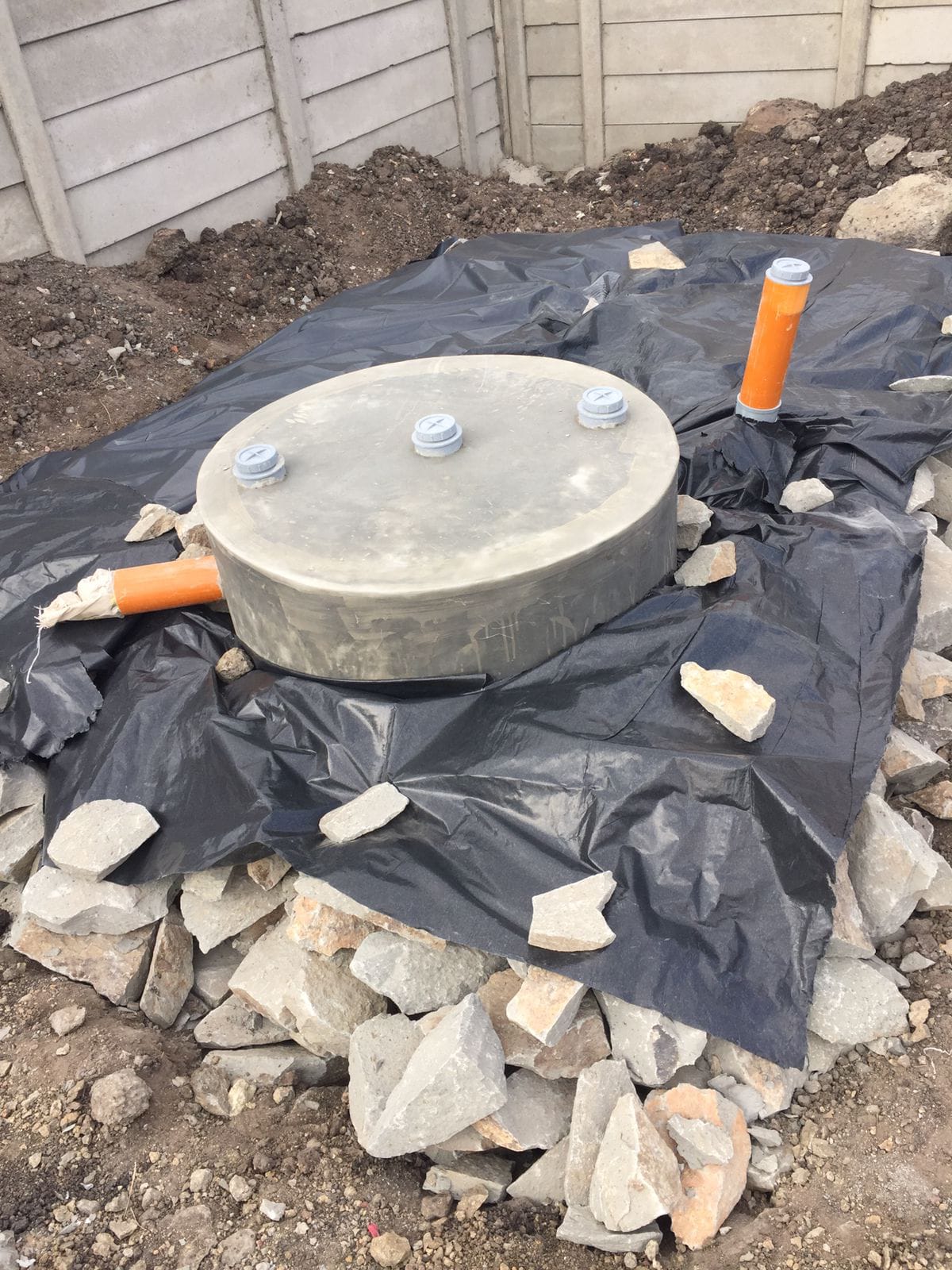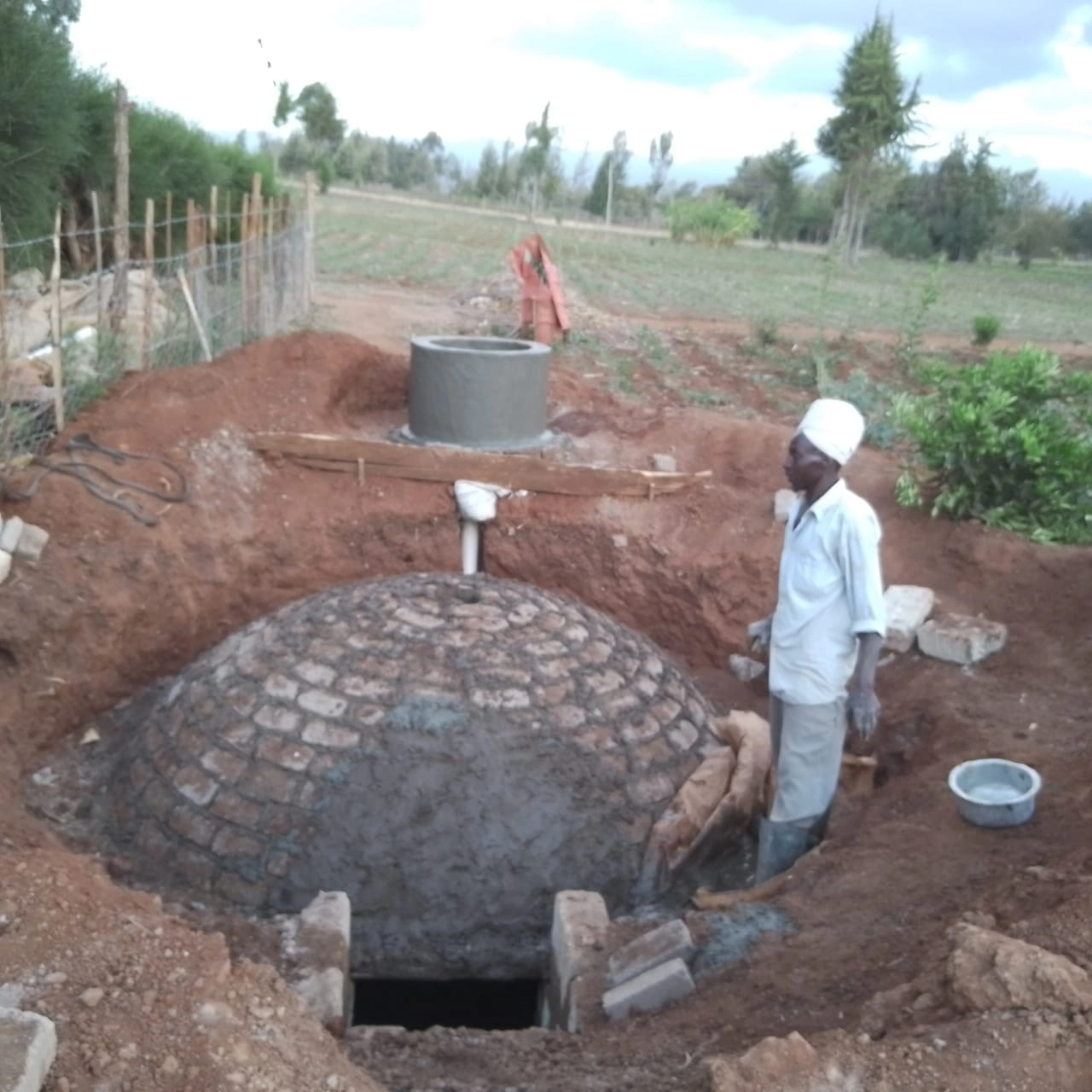A biodigester septic tank offers a modern, eco-friendly solution to waste management, breaking down human waste into harmless water and air with the help of specialized enzymes.
Unlike traditional septic systems, biodigesters are low-maintenance, cost-effective, and environmentally sustainable.
At Bio Digester Kenya, we design and install customized biodigester systems tailored to your needs, ensuring efficient waste management for both residential and commercial properties.
Discover how switching to a biodigester can transform your approach to waste disposal, offering long-term benefits and contributing to a cleaner, greener environment.
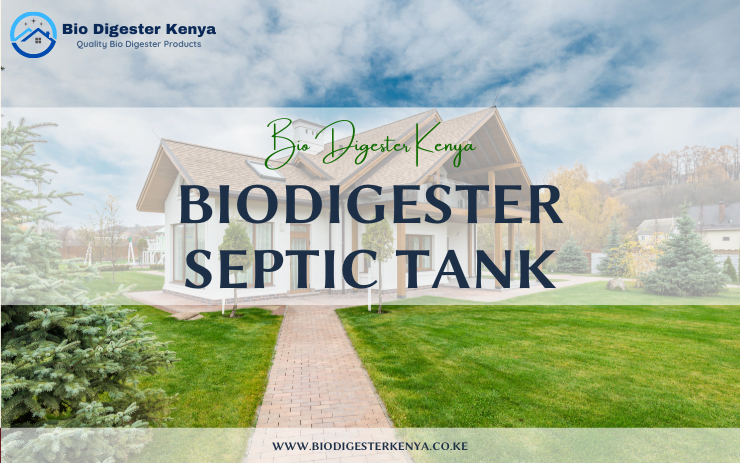
Table of Contents
Introduction
As the world moves toward more sustainable living practices, waste management solutions have evolved to become more efficient and environmentally friendly.
One such innovation is the biodigester septic tank, a modern alternative to traditional septic systems.
In Kenya, where managing human waste effectively is a priority for both residential and commercial spaces, biodigesters have become a game-changer.
At Bio Digester Kenya, we specialize in designing and installing these advanced systems, ensuring that waste is handled in a clean, efficient, and eco-friendly manner.
Let’s delve into what makes biodigester septic tanks stand out and why they could be the perfect solution for your waste management needs.
What is a Biodigester Septic Tank?
A biodigester septic tank is a cutting-edge waste management system that uses natural biological processes to break down human waste.
Unlike traditional septic tanks, which require regular pumping and can produce harmful byproducts, biodigesters use specialized enzymes to decompose waste into water and air, both of which are harmless to the environment.
Components of a Biodigester Septic Tank
A typical biodigester septic tank consists of several key components:
- Inlet Pipe: Where waste enters the tank.
- Biodigester Chamber: The primary area where waste is decomposed by enzymes.
- Outlet Pipe: Where treated water exits the tank.
- Soak Pit: The area where water is absorbed into the ground.
How a Biodigester Septic Tank Works
The functionality of a biodigester septic tank is rooted in its ability to break down waste efficiently through a natural process.
The Process of Waste Decomposition
When waste enters the biodigester, it is immediately subjected to the action of biodigester enzymes.
These enzymes accelerate the breakdown of organic matter, converting it into simpler compounds.
The end products of this process are water and biogas, with the water being safely discharged into a soak pit.
Role of Biodigester Enzymes
The enzymes in a biodigester play a crucial role in ensuring that waste is fully decomposed without the need for frequent maintenance.
These enzymes are specifically designed to handle human waste, breaking it down into non-toxic substances.
Advantages of Biodigester Septic Tanks
Biodigester septic tanks offer several benefits over traditional septic systems, making them an ideal choice for modern waste management.
Eco-Friendly Waste Management
Biodigesters are environmentally friendly, as they produce no harmful byproducts and significantly reduce the risk of groundwater contamination.
Low Maintenance and Operational Costs
Unlike traditional septic tanks, which require regular pumping, biodigesters have minimal maintenance needs.
This results in lower long-term costs.
Space Efficiency and Flexibility
Biodigesters are compact and can be installed in areas with limited space. Their flexibility also makes them suitable for various types of properties.
Odor Control and Aesthetic Appeal
Biodigesters are designed to minimize odors, making them a more pleasant option for residential and commercial properties.
They can also be installed underground, maintaining the aesthetic appeal of your property.
Long-Term Cost-Effectiveness
While the initial cost of installing a biodigester may be higher, the long-term savings in maintenance and operational costs make it a cost-effective choice.
Comparison Between Biodigester and Traditional Septic Tanks
When comparing biodigesters to traditional septic tanks, several factors come into play.
Installation Costs
One of the first considerations when choosing between a biodigester and a traditional septic tank is the installation cost.
Biodigesters typically have a higher initial cost due to the advanced technology and specialized materials involved.
However, this investment pays off over time.
Unlike septic tanks, which often require significant excavation and larger space, biodigesters are more compact and easier to install in diverse environments.
Additionally, the reduced need for ongoing maintenance and pumping can make biodigesters more cost-effective in the long run, ultimately providing better value for your money.
Maintenance Requirements
Maintenance is another critical factor where biodigesters outshine traditional septic tanks.
Septic tanks require regular pumping to remove sludge buildup, a process that can be both costly and inconvenient.
Blockages are also a common issue with septic systems, often leading to unpleasant odors and the need for emergency repairs.
In contrast, biodigesters are designed to break down waste more efficiently, significantly reducing the accumulation of sludge.
The use of biodigester enzymes further enhances this process, ensuring that the system remains free-flowing and virtually maintenance-free.
This not only saves time and money but also minimizes disruptions to your daily life.
Environmental Impact
The environmental benefits of biodigesters are perhaps the most compelling reason to consider them over traditional septic tanks.
Traditional septic systems can pose significant environmental risks, particularly when poorly maintained.
They often produce harmful sludge that can contaminate groundwater and surrounding soil, leading to pollution and potential health hazards.
Biodigesters, on the other hand, operate on a closed-loop system where waste is fully processed into water and air, leaving no harmful by-products.
The treated water is safely absorbed into the ground, ensuring that the surrounding environment remains unpolluted.
By opting for a biodigester, you contribute to a more sustainable future by reducing your household’s or business’s ecological footprint.
Longevity and Durability
When it comes to durability, biodigesters are built to last.
Traditional septic tanks, especially those made from concrete or steel, can deteriorate over time due to exposure to harsh chemicals and environmental factors.
Cracks, corrosion, and leaks are common issues that can compromise the system’s integrity.
Biodigesters, particularly those constructed with high-quality, corrosion-resistant materials, offer a longer lifespan with minimal risk of structural failure.
Some biodigester systems are designed to last up to 20 years or more, providing peace of mind and reducing the need for costly replacements.
Applications of Biodigester Septic Tanks
Biodigesters are incredibly versatile, making them suitable for a wide range of applications across different settings.
Residential Homes
For homeowners, biodigesters offer a modern, sustainable alternative to traditional septic systems.
They are especially beneficial for those living in areas with limited space or strict environmental regulations.
Biodigesters can be seamlessly integrated into existing properties, providing efficient waste management without the need for frequent maintenance.
Additionally, the reduced risk of odors and contamination makes biodigesters an attractive option for maintaining a clean and healthy living environment.
Commercial Spaces
Businesses, particularly those with high foot traffic, can greatly benefit from the efficiency and low-maintenance nature of biodigesters.
Whether it’s an office building, shopping center, or hospitality venue, a biodigester ensures that waste is managed discreetly and effectively.
This not only enhances the overall hygiene of the premises but also aligns with corporate sustainability goals, demonstrating a commitment to environmentally responsible practices.
Rural and Urban Settings
Biodigesters are equally effective in both rural and urban environments.
In rural areas, where traditional septic systems may be challenging to install due to terrain or accessibility issues, biodigesters offer a practical solution.
They require less space and can be installed in areas with limited infrastructure.
In urban settings, where land is often at a premium and environmental concerns are heightened, biodigesters provide a compact and eco-friendly alternative to conventional septic tanks.
Their ability to operate efficiently in diverse conditions makes them a versatile choice for waste management, regardless of location.
Why Choose Bio Digester Kenya?
At Bio Digester Kenya, we offer tailored solutions that meet your specific needs.
Our Expertise in Biodigester Design and Installation
With years of experience in the industry, we provide expert design and installation services that ensure optimal performance.
Custom Solutions for Different Needs
We understand that every property is unique, and we offer custom solutions to match your specific requirements.
Comprehensive After-Sales Support
Our commitment to our clients extends beyond installation, with ongoing support to ensure your biodigester functions perfectly.
Biodigester Enzymes: The Key to Efficient Waste Decomposition
The effectiveness of a biodigester largely depends on the quality of the enzymes used.
Importance of Enzymes in the Biodigester System
Enzymes are essential for breaking down waste quickly and efficiently, reducing the need for frequent maintenance.
Benefits of Using Quality Enzymes
Using high-quality enzymes ensures that your biodigester operates at peak efficiency, providing long-term reliability.
Purchasing Enzymes from Bio Digester Kenya
At Bio Digester Kenya, we offer premium enzymes specifically formulated for our biodigester systems, ensuring optimal performance.
Installation Process of a Biodigester Septic Tank
The installation process is straightforward and ensures your biodigester is set up for success.
Site Assessment and Design
We start with a thorough site assessment to design a system that meets your needs.
Installation Steps
Our installation process is efficient, minimizing disruption to your property.
Post-Installation Support
We provide comprehensive support after installation to ensure your biodigester operates smoothly.
Maintenance Tips for Biodigester Septic Tanks
Maintaining a biodigester is simple, but there are a few key practices to keep in mind.
Regular Checks and Inspections
Periodic inspections help ensure your system is functioning correctly.
Dos and Don’ts for Optimal Performance
Following our guidelines will help you get the most out of your biodigester.
When to Replenish Biodigester Enzymes
We advise on when and how to replenish enzymes to keep your system running efficiently.
Cost Considerations for Biodigester Septic Tanks
Understanding the costs involved helps you make an informed decision.
Initial Installation Costs
While biodigesters may have a higher initial cost, the long-term savings make them a wise investment.
Long-Term Savings
The reduced need for maintenance and pumping leads to significant cost savings over time.
Cost of Enzymes and Maintenance
We offer affordable enzyme solutions and maintenance tips to keep your system running smoothly.
Frequently Asked Questions (FAQs)
How often should I empty a biodigester septic tank?
- Typically, a biodigester does not require emptying, as waste is broken down into water and air.
Is a biodigester suitable for all types of soil?
- Yes, biodigesters can be installed in various soil types, with appropriate site assessment.
How long does a biodigester last?
- With proper maintenance, a biodigester can last up to 20 years or more.
What are the maintenance costs?
- Maintenance costs are minimal, mainly involving the periodic replenishment of enzymes.
Can I install a biodigester myself?
- It’s recommended to have a professional install your biodigester to ensure proper setup and functionality.
Conclusion
Biodigester septic tanks represent a modern, eco-friendly approach to waste management that offers numerous benefits over traditional septic systems.
By choosing a biodigester from Bio Digester Kenya, you’re investing in a sustainable, low-maintenance solution that will serve you well for years to come.
Whether you’re considering an upgrade or a new installation, our team is here to provide expert guidance and support.
Let’s work together to create a cleaner, greener future.
Ready to make the switch to a biodigester septic tank?
Contact Bio Digester Kenya today for a consultation, and explore our range of biodigester solutions tailored to your needs.
